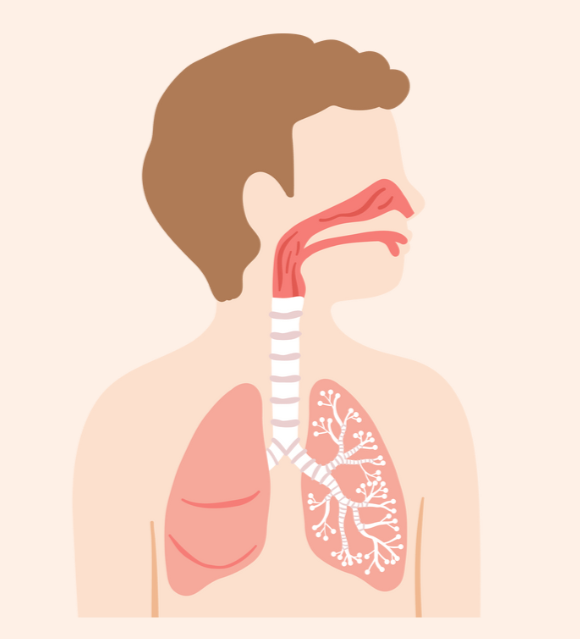

Why is water important?
Water is essential for the human body, and it plays many important roles in keeping us healthy. Water helps to:
- Move nutrients and waste throughout our body
- Maintain healthy blood pressure
- Protect our joints and organs by acting as a cushion for our joints
- Control our body temperature
- Lower the risk of dehydration
What is dehydration?
Dehydration is a condition that occurs when our body does not have enough water. This can cause us to feel symptoms such as:
- Dry lips and mouth
- Flushed skin
- Headache
- Dizziness and fainting
- Dark yellow, strong-smelling urine
- Increased heart rate
How to know if you are drinking enough water:
- If you have a dry mouth or feel thirsty, you are likely not drinking enough water.
- Dark yellow and strong-smelling urine may be an indicator of dehydration.
- If you are feeling lightheaded, tired, not able to focus, or have frequent headaches, these could be signs of dehydration.
How much water do you need?
The amount of water our body needs will depend on our age, our sex, and our physical activity level. Our environment such as hot weather also plays a role in the amount of water we may need throughout the day. Generally, adults aged 19 and older require about 9-12 cups of water in a day.




























































































































































































































































































